Are you on the verge of hiring a new employee and wondering how to draft an effective employment contract? Crafting a clear and comprehensive contract is crucial for setting the right expectations and fostering a positive working relationship. From outlining job responsibilities to discussing compensation and benefits, every detail matters. If you're ready to dive deeper into the essential elements of a robust employment contract, keep reading!

Job Title and Duties
The employment contract outlines the Job Title, which signifies the specific role within the organization, such as Marketing Manager, leading a team of five to develop strategic campaigns. Duties encompass responsibilities like overseeing digital marketing initiatives, managing budgets exceeding $100,000 annually, ensuring brand consistency across all platforms, and analyzing monthly performance metrics to drive positive outcomes. This position requires collaboration with various departments, including Sales and Product Development, to meet quarterly targets and contribute to overall company growth, projected at 15% for the fiscal year. Proficiency in tools such as Google Analytics and Adobe Creative Suite is essential for executing the key functions associated with this role.
Compensation and Benefits
The compensation and benefits section of an employment contract outlines the financial remuneration and additional perks provided to the employee. Base salary (for example, an annual amount of $70,000) serves as the primary financial compensation, often paid biweekly. Bonuses (up to 10% of the annual salary) may be awarded based on performance metrics. Health benefits (such as medical, dental, and vision insurance) are also included, often covering a significant percentage of premiums. Retirement plans, like a 401(k) with company matching contributions up to 5%, enhance long-term financial security. Additional perks may encompass paid time off (such as 15 vacation days, 10 sick days, and 11 paid holidays), flexible work arrangements (like remote options and flexible hours), and professional development opportunities (including training budgets of $1,500 annually). These components create a comprehensive package aimed at attracting and retaining talent.
Work Schedule and Hours
A well-structured employment contract should explicitly outline the work schedule and hours to establish clear expectations. Standard full-time positions typically require an average of 40 hours per week, Monday through Friday, from 9:00 AM to 5:00 PM, including a one-hour lunch break. Part-time roles may involve varying hours, ranging from 20 to 30 hours each week, with flexible scheduling based on departmental needs. Overtime policies must be addressed, detailing compensation rates and approval protocols for hours exceeding the standard workweek. Additionally, remote work arrangements or alternative schedules should be clearly defined, along with expectations for communication and availability during designated working hours. By providing these details, both employers and employees can foster a mutual understanding of work commitments and maintain a productive work environment.
Employment Duration and Termination
The employment duration outlines the specific length of the employment agreement, typically defined in months or years, such as a fixed term of 12 months (from January 1, 2024, to December 31, 2024) or an indefinite duration. This section also includes provisions regarding termination, detailing conditions under which either party may terminate the contract. Notice periods may vary; for instance, a notice period of 30 days is standard for many industries. Just-cause termination may apply in situations involving misconduct or breach of contract, with examples including severe negligence or criminal activity. After the employment period concludes, employees may be entitled to final compensation or severance pay, further clarifying the employer and employee responsibilities upon contract termination.
Confidentiality and Non-Compete Clauses
Confidentiality agreements are vital for protecting sensitive information within employment contracts. A confidentiality clause typically stipulates that employees must not disclose proprietary data, trade secrets, or company strategies to unauthorized parties. The duration of confidentiality obligations often extends beyond the termination of employment, commonly lasting two to five years. Non-compete clauses restrict former employees from joining competing firms or starting similar businesses within defined geographical areas, usually ranging from 6 months to 2 years post-employment. Additionally, these clauses help preserve a company's competitive edge by limiting access to industry insights. Enforcement of these agreements varies by jurisdiction, with some regions imposing stricter limitations to ensure fairness for employees. Properly drafted agreements ensure clarity and protection for both employers and employees, fostering trust and mitigating the risks of information breaches in competitive markets.

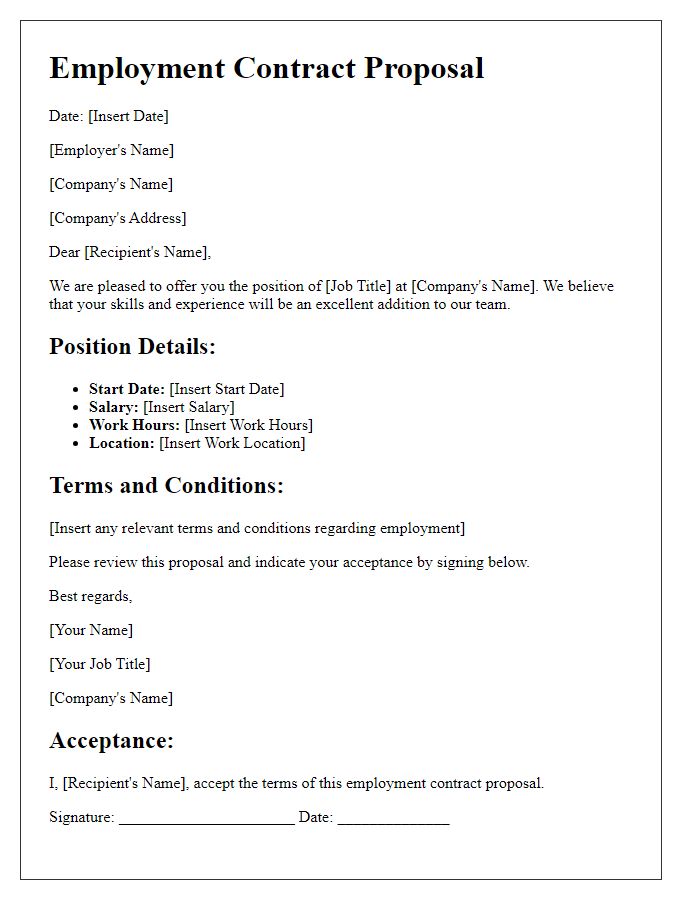
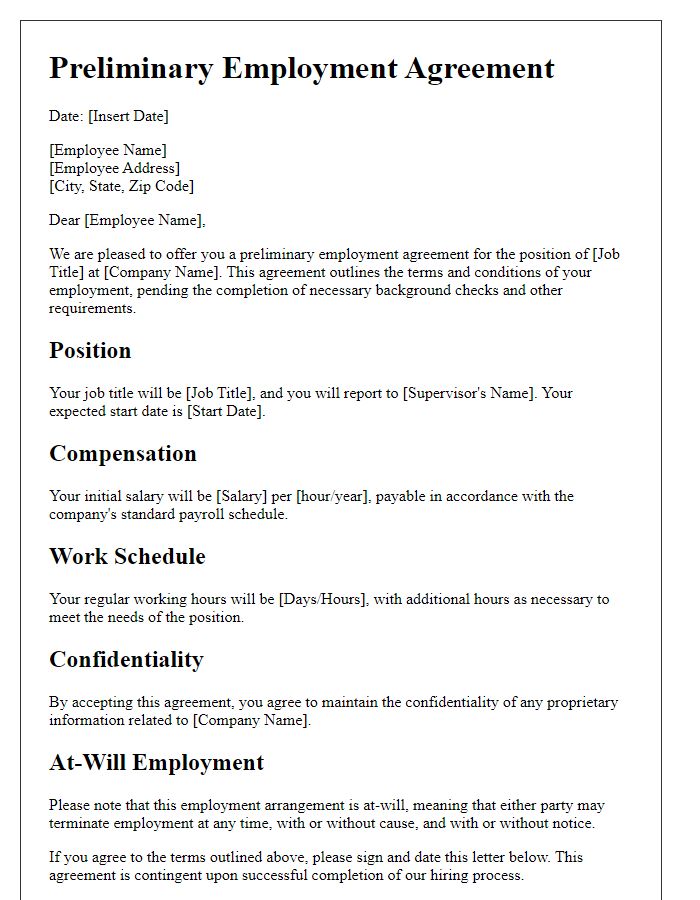
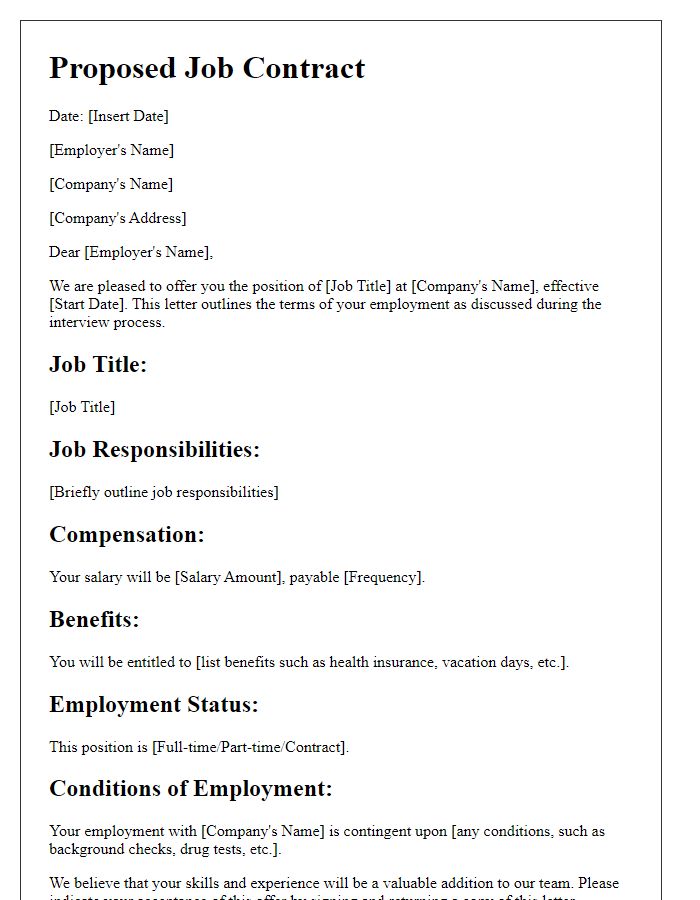
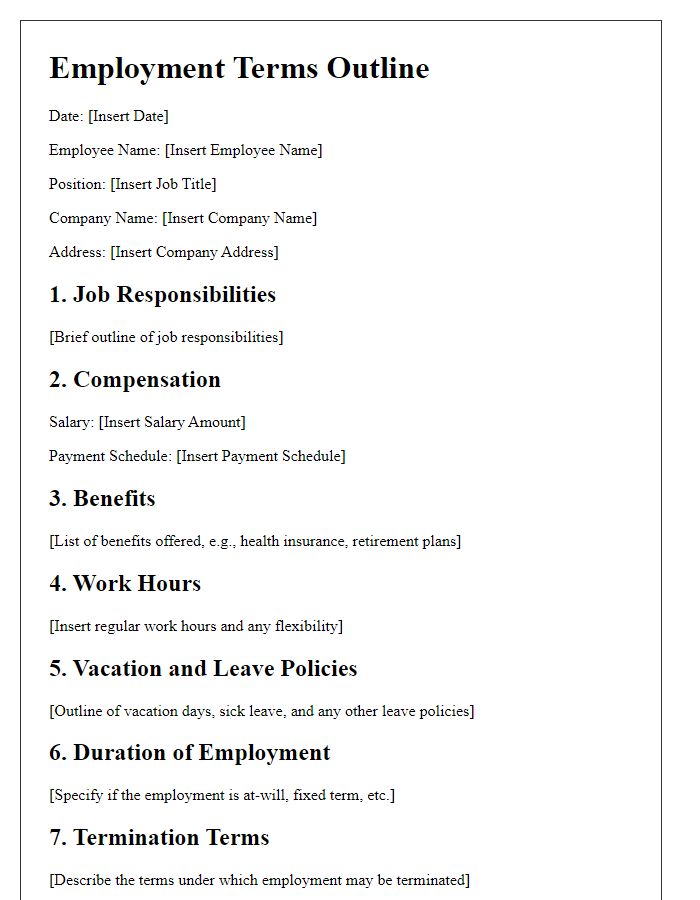
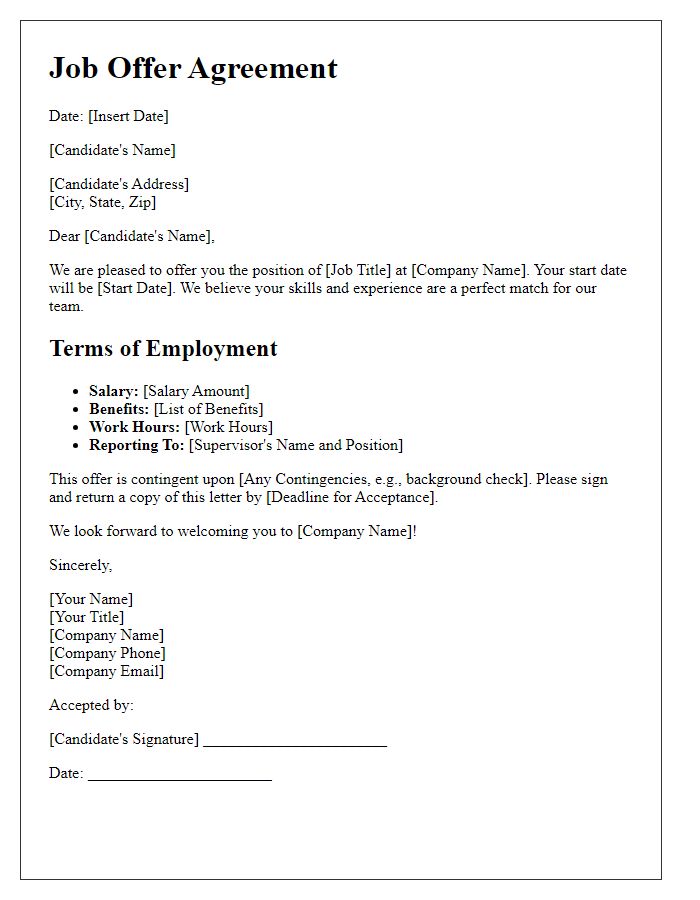
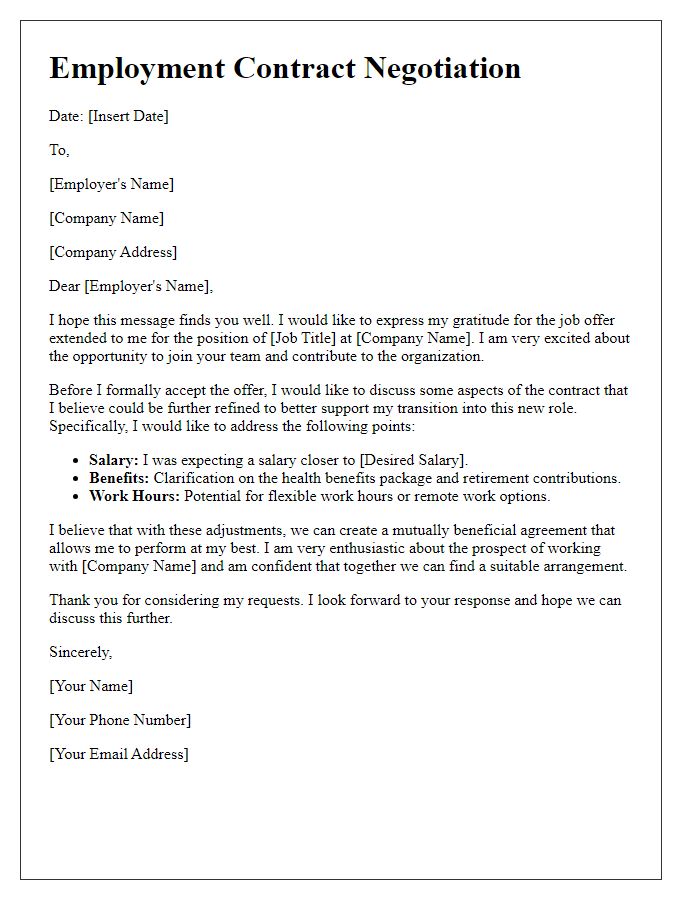
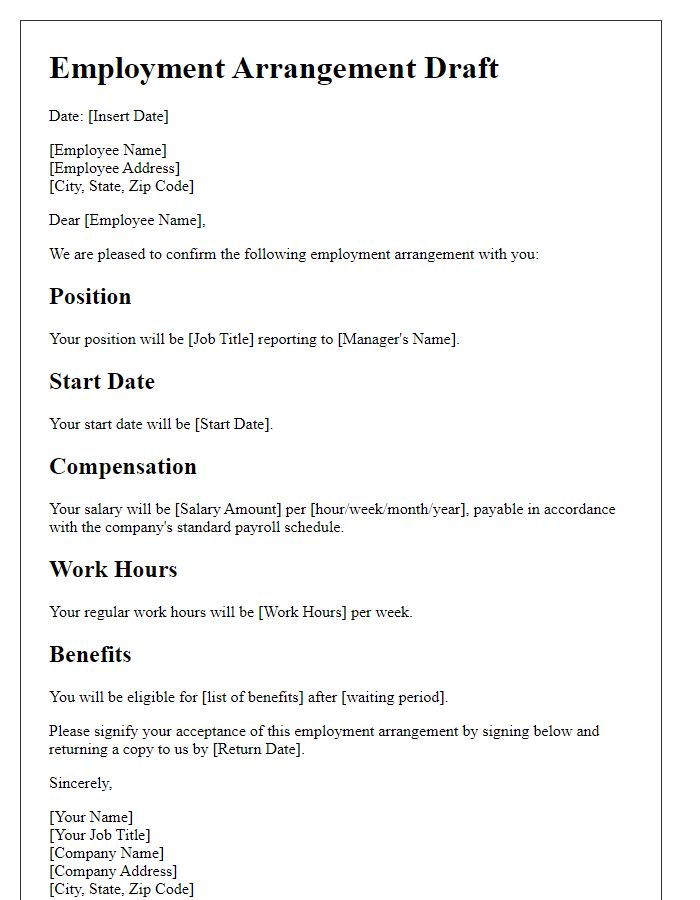
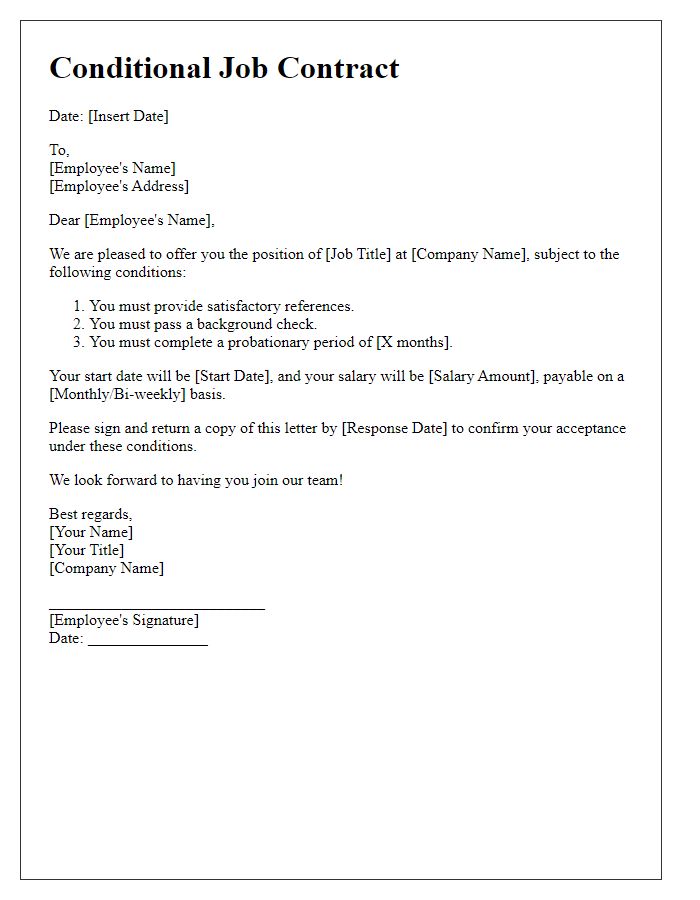
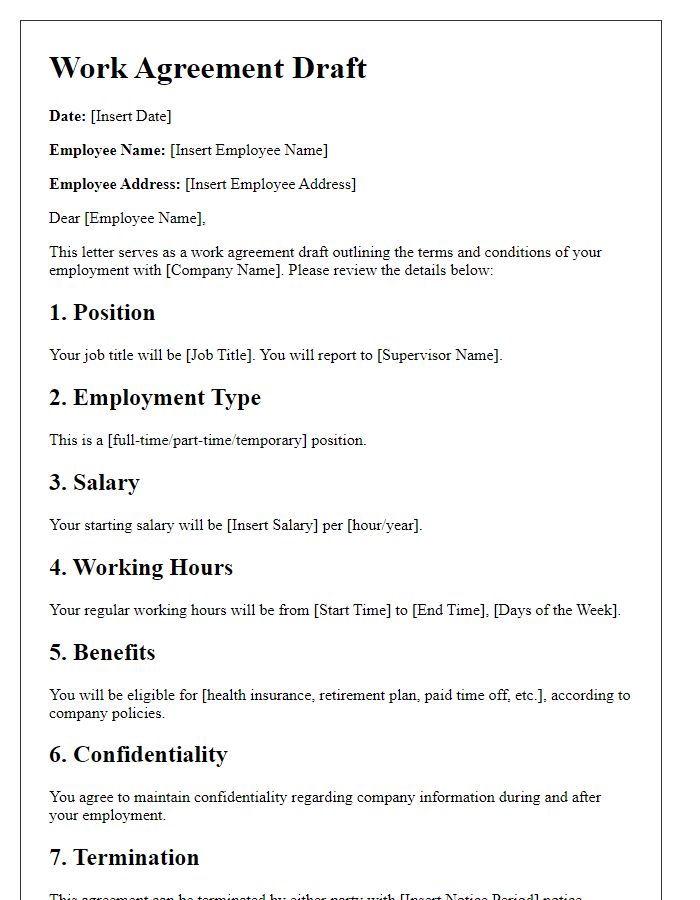
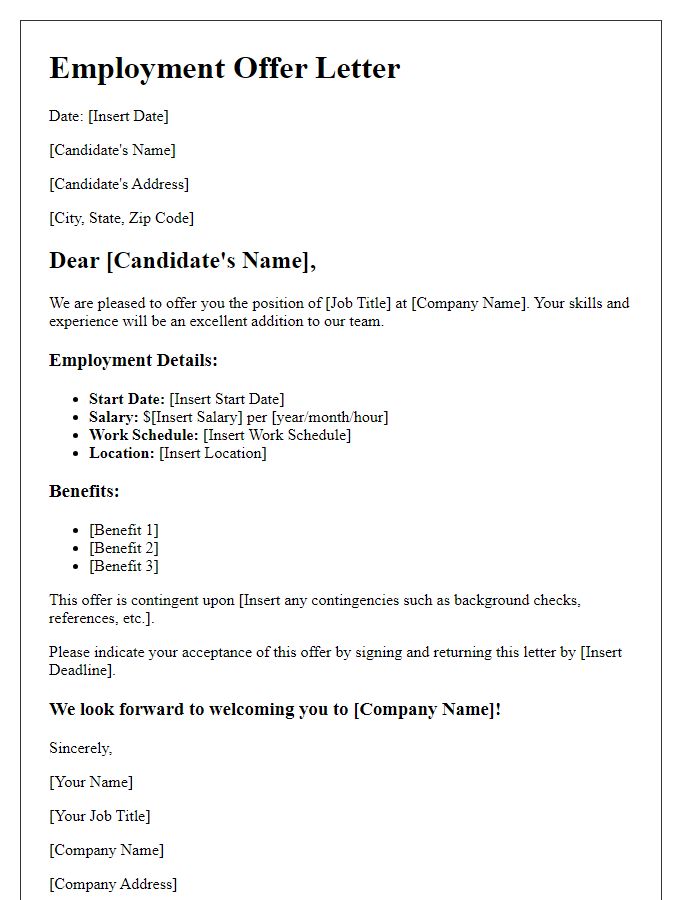


Comments